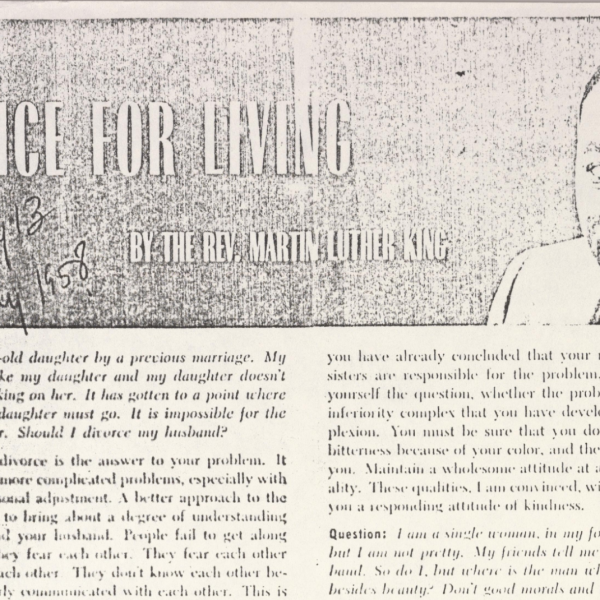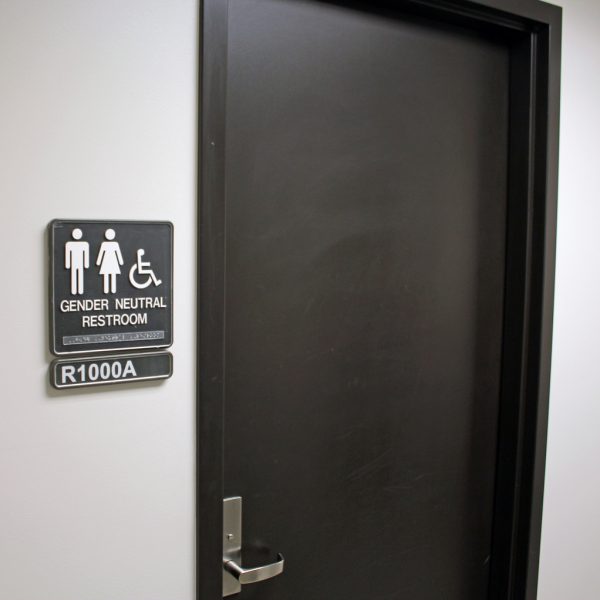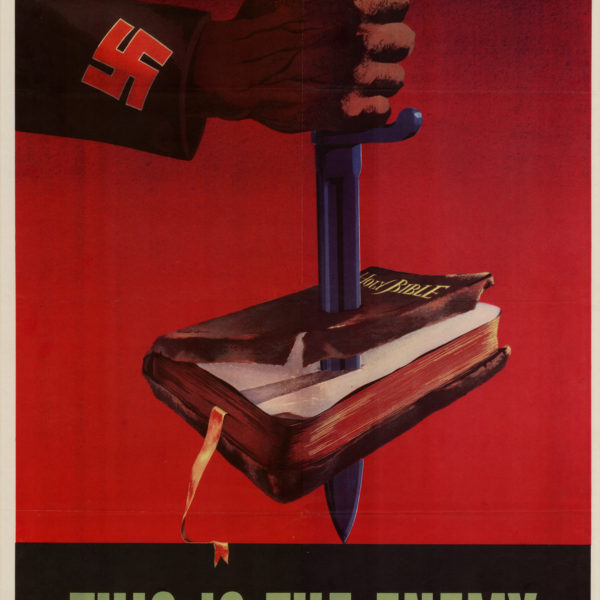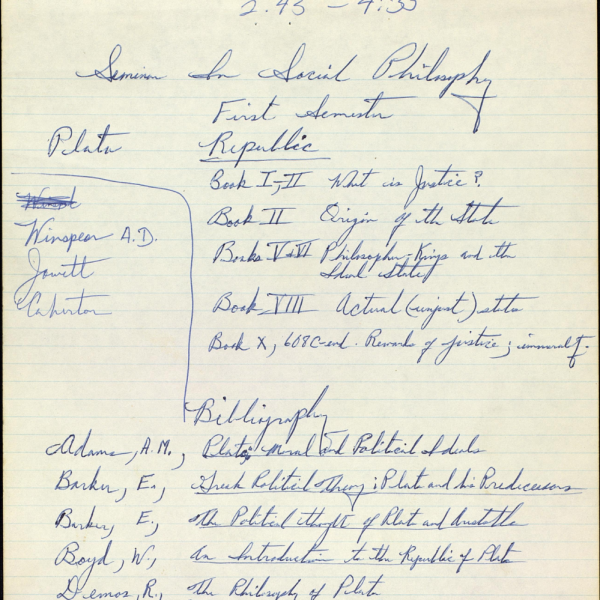
The ironclad certainty with which accounts of King’s life, thought, and action are given itself evinces a misunderstanding of the questions that animated that life, thought, and action.
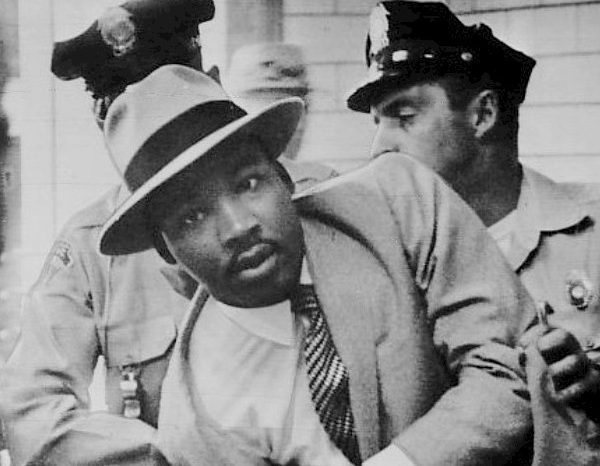
It is our critical memory that prompts us to ethical reflection on the anniversary of a grave injustice.
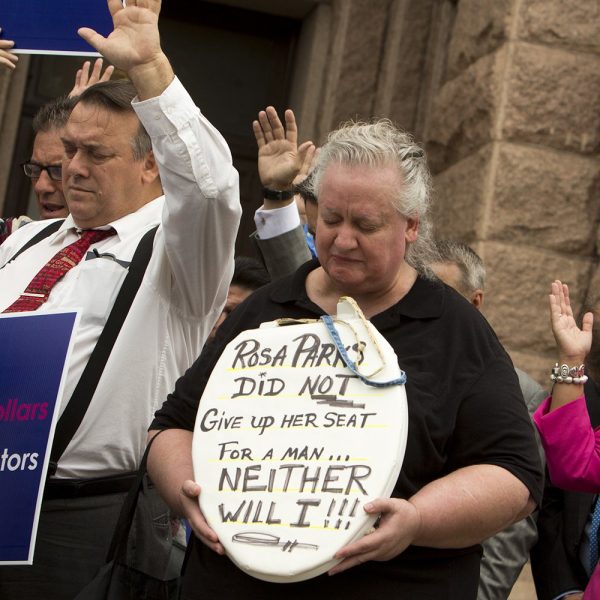
A toilet-seat protest displays the inextricable entwinement of white supremacy and cis supremacy, taking its place in the long pedigree of toilet-centered fears and bigotry.

The necessary elimination of fluids from the body shouldn’t be the pretext for the unnecessary elimination of immigrants from the body politic.

“Do your business” is not just a command for Chloe to relieve; it is also an invitation to transgress boundaries and increase the flow of toilet justice.
